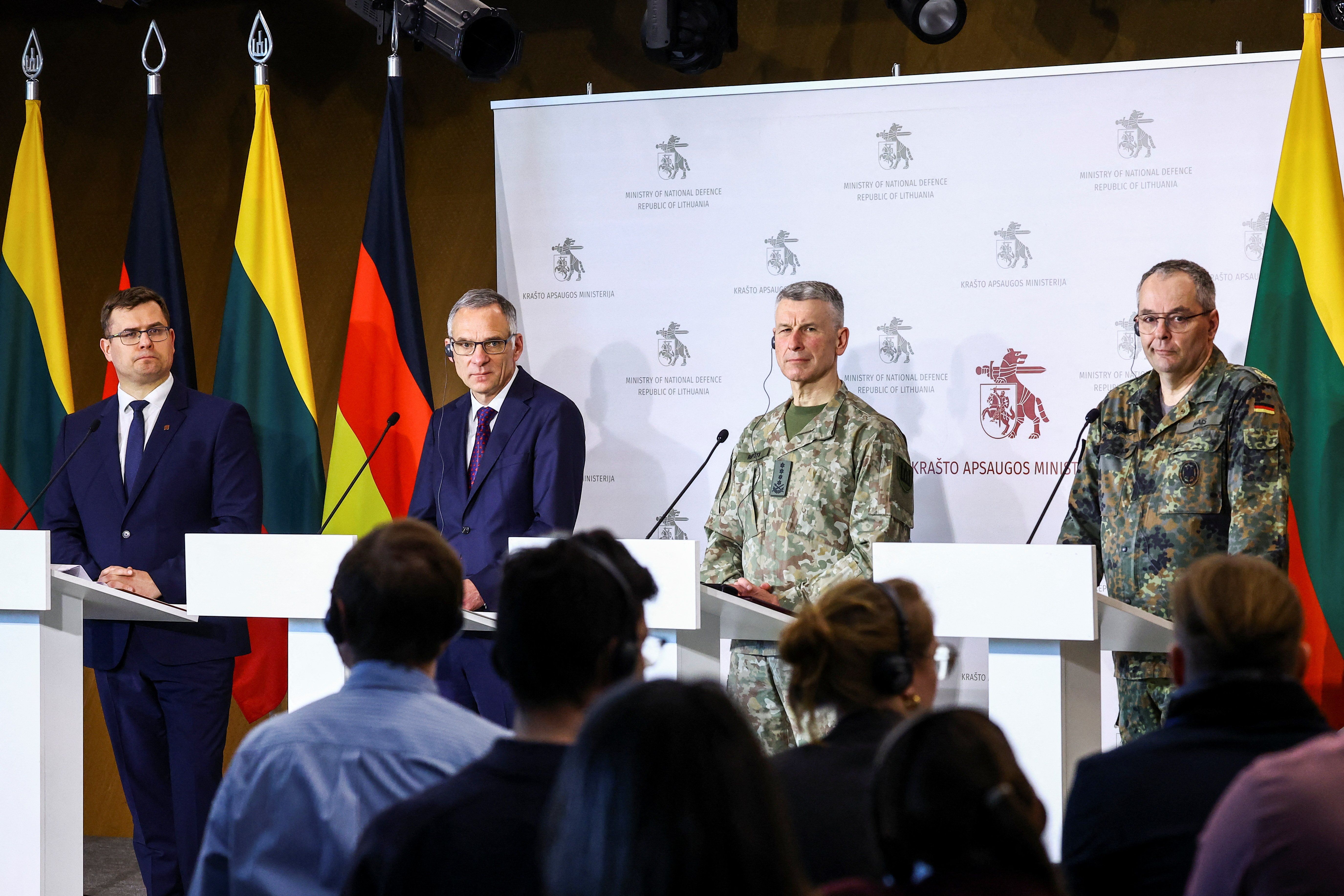4,800: Germany has
begun deploying some 4,800 troops to Lithuania, marking the first time since WWII that German forces will be based outside the country on a long-term basis. The choice of Lithuania is an interesting one – the Baltic country borders the Russian enclave of Kaliningrad and shares a contentious frontier with Belarus, a close ally of Moscow.
11: Before his death in an Arctic prison, Russian opposition leader Alexsei A. Navalny wrote a memoir about his life, political philosophy, and hopes for the future of Russia. The book is being finalized by his widow Yulia Navalnaya and will be released in 11 languages – including Russian – in October.
30: The Biden administration has said it plans to expand two national monuments in California as part of its goal of conserving 30% of America’s lands and waters by 2030. The San Gabriel Mountains, in Southern California, and Berryessa Snow Mountain National Monument about 80 miles northwest of Sacramento are both expected to become national monuments on Earth Day this year.
419 vs. 223: Israel and the UN this week
offered starkly different accounts of how much humanitarian aid Israeli forces are allowing into the besieged Gaza Strip. The IDF said 419 trucks entered on Monday while UN agencies put the number at 223. The discrepancy is a little fuzzy but seems to arise from different ways of counting: the IDF counts all trucks, even if they aren’t full, while the UN counts full trucks that arrive at its warehouses and distribution centers. Prior to October 7th, about 500 trucks entered daily.
